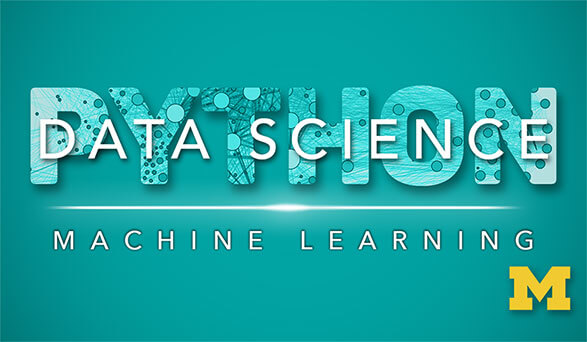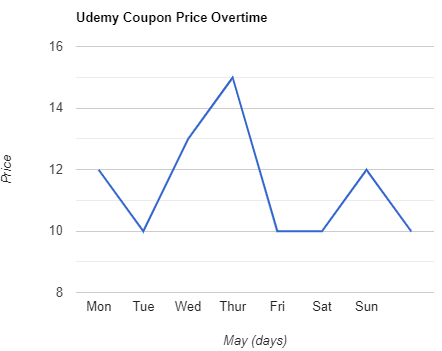MIT Deep Learning for Self-Driving Cars
Learn Deep Learning from a research scientist at MIT, one the world's most reputable universities. Great collection of courses and lectures, providing informative content and real-world examples.
Created by: Lex Fridman
Produced in 2019
 What you will learn
What you will learn
- Train neural network to successfully drive a car
- Learn how to make a computer detect human presence and human emotions
- Q-Learning algorithm on a game of Atari
- How to apply convolutional and recurrent neural networks to self-driving cars
- Understand Deep Reinforcement Learning with Robot in the Room example
- Challenges around Human-Centered Artificial Intelligence
- Basic concepts of Machine Learning and Deep Learning
- Much, Much more!
 Quality Score
Quality Score
Overall Score : 82 / 100
 Live Chat with CourseDuck's Co-Founder for Help
Live Chat with CourseDuck's Co-Founder for Help
 Course Description
Course Description
 Pros
Pros
 Cons
Cons
-
- The instructor is a researcher from one of the most prestigious universities in the world.
- The concepts are presented in a clear and straight-forward manner.
- Real-world examples to help you understand how to apply the theory behind Deep Learning.
-
- Too many topics covered in one tutorial, only scratches the surface of each.
- Lacks interactivity which can be inconvenient for learners to easily comprehend key concepts.
 Instructor Details
Instructor Details

- 4.1 Rating
 14 Reviews
14 Reviews
Lex Fridman
Lex Fridman is a research scientist at MIT, working on computer vision and deep learning approaches in the context of semi-autonomous vehicles and more generally human-centered artificial intelligence systems. His work focuses on learning-based methods that leverage large-scale, real-world data. Lex received his BS, MS, and Ph.D. from Drexel University where he worked on applications of machine learning, computer vision, and decision fusion techniques in a number of fields including robotics, active authentication, and activity recognition. Before joining MIT, Lex was at Google working on deep learning approaches to large-scale behavior-based authentication. Lex is a recipient of a CHI-17 best paper award and a CHI-18 best paper honorable mention award.








